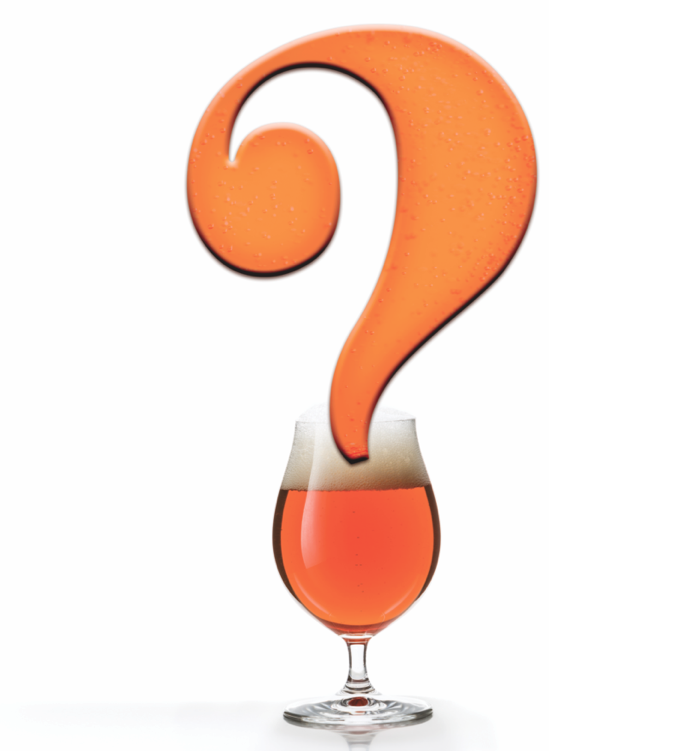Great Northern Brewing Co.’s Fred’s Black Lager clone
According the The Great Northern’s website, “A dark beer with a soft bite, Fred’s is brewed using a special de-bittered dark malt, fermented cold & lagered at least 4 weeks. A smooth brew with light roastiness.”










